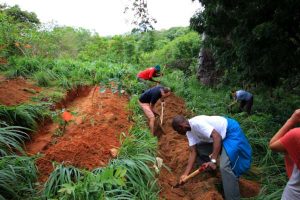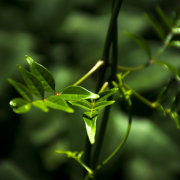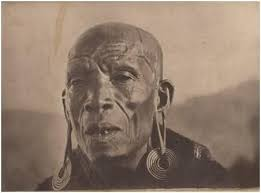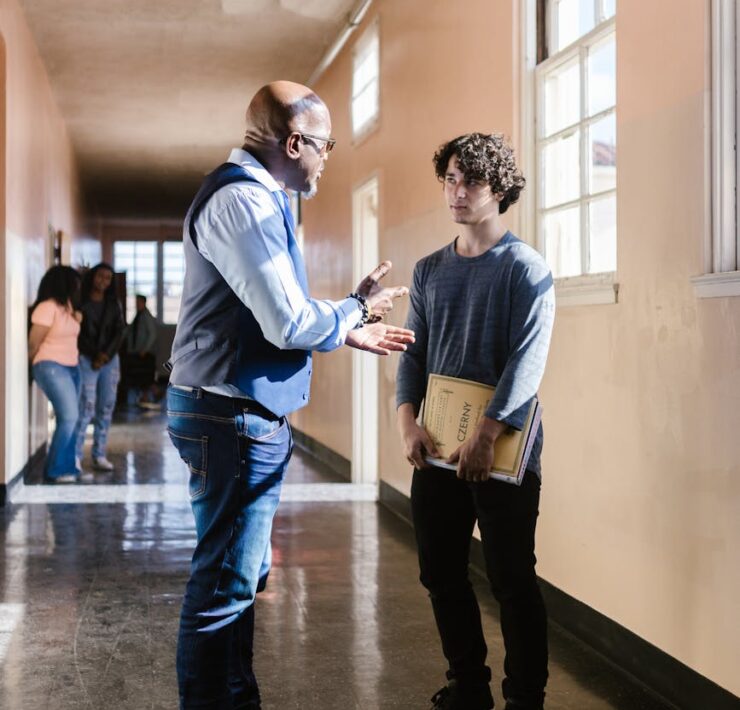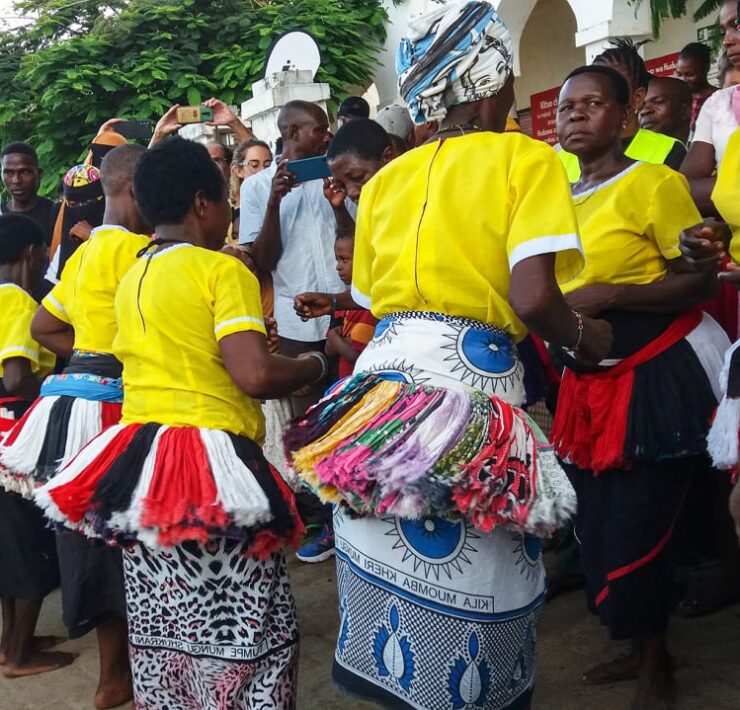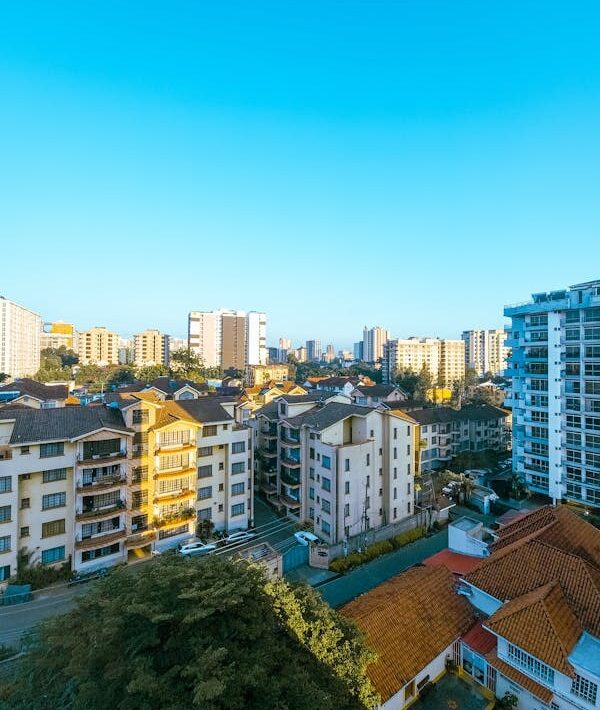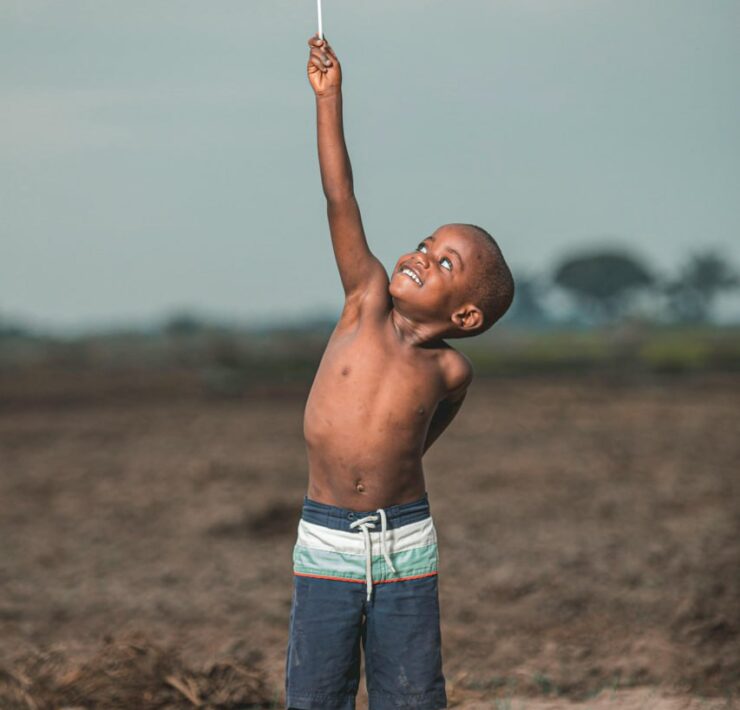DISTANT RELATIVES – Ecolodge and Backpackers, Kilifi, Kenya.
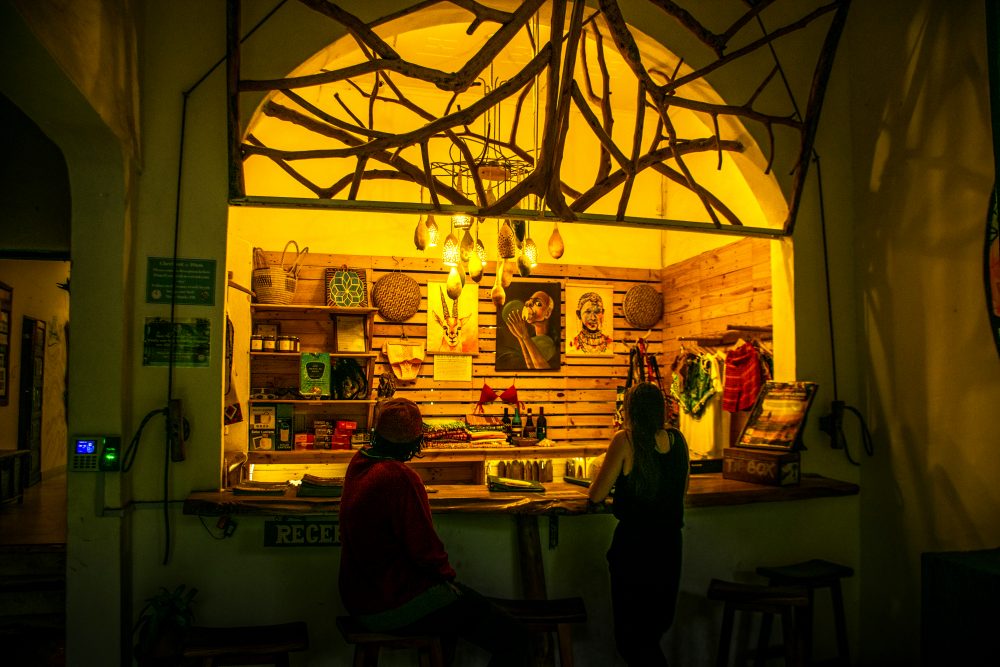
Chioma Phillips is the Editor of Msingi Afrika Magazine and…
TENDING AND KEEPING THE GREENS GREEN
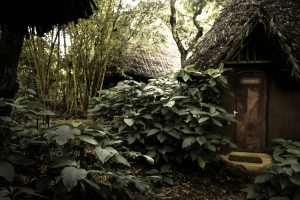
Distant Relatives is a beautiful, green, leafy hideaway in Kilifi; perfect for anyone looking for time away and for answers to what they can do to transform and positively impact their little piece of the world.
Kilifi is a county at the coast of Kenya, inhabited primarily by the Giriama and Chonyi people, who are members of the Mijikenda Community.
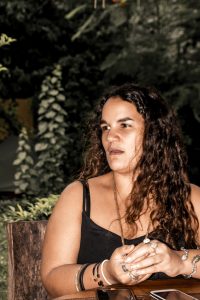 The name comes from a song, but to Distant Relatives’ Managing Director, Mwanase Ahmed, “In my opinion, regardless of who you are where you’re from what language you speak there’s a common ground between the human population; whether you’re from Australia and I’m from Kenya there is a common ground, we’re all relatives somehow regardless of the distance between us.”
The name comes from a song, but to Distant Relatives’ Managing Director, Mwanase Ahmed, “In my opinion, regardless of who you are where you’re from what language you speak there’s a common ground between the human population; whether you’re from Australia and I’m from Kenya there is a common ground, we’re all relatives somehow regardless of the distance between us.”
Talking about the approach that the founders and owners have chosen to take, she had this to say, “Within any country, we have a lot to do to try and see how we can redistribute the wealth, if we look at the amount of wastage, there’s room to uplift our own people as well. Here, we have very low profit margins in our business; we’re not like many hotels that we make a lot off of all of the services. We want a lot of the income to go back into our community. Which is a very not-popular model.”
Distant Relatives was founded on three basic principles: uniting people of all walks of life; environmental consciousness and care; and community engagement.
People
“We try to unite all our distant relatives by being a place where people can come together, feel welcome, feel appreciated, made to feel equal, feel respected regardless of who you are, where you’re from what you look like, what you do for a living, what language you speak and also have the opportunity to maybe meet other people from other cultures, backgrounds, genders, religions and learn about each other too.” They incorporate this philosophy even into the way they train the staff in how to handle their guests, helping them to overcome longstanding stereotypes in order to offer any guest the same level and quality of service throughout.
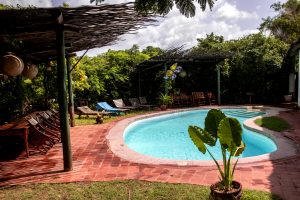
Environment
According to its website, Distant Relatives was ‘born a permaculturalist’. Permaculture, according to Bill Mollison, the founder of the Permaculture movement, “is a philosophy of working with, rather than against nature; of protracted and thoughtful observation rather than protracted and thoughtless labor; and of looking at plants and animals in all their functions, rather than treating any area as a single product system.”
Mwanase says, “We’re not in this because of tourism or hospitality, it’s also got huge social and environmental ethics and drivers behind what we’re trying to achieve with having this space. For example, in Kilifi, we go through periods where for a month you don’t get water through the main taps, so the composting toilets save a huge amount of water. If you have to buy that water to flush the toilets, it’s a lot more expensive, so you just think of something new. Basically every decision made about building or planting or whatever is always trying to think, ‘how can we make a positive impact?’”
To give you a quick look at the measures that Distant Relatives has in place:
- Their glasses are made from recycled bottles which are cut in half, the tops of these bottles are the lampshades in the garden. They source the bottles from the local community as well as hotels and restaurants.
- They build the guest bandas (huts) in the traditional Giriama mud style, using natural materials where possible, and are now incorporating the use of recycled bottles to make the structures longer lasting, while minimizing the use of cement in their constructions.
- They separate, and encourage guests to separate, waste into organic, non-organic and oils and either compost the organic waste or feed it to their poultry. They also use recycled roofing materials, scrap wood and garden waste in their composting. They feed some of their compost to a commercial scale worm farm and use the vermiliquid and worm castings in their garden and tree nursery.
- They harvest rainwater for use in showers, kitchen and swimming pool and channel ‘grey water’ from sinks and showers to their ‘banana circles’, while kitchen water is filtered through artificial reed beds and used for irrigation.
- All the wood used for furniture is either up-cycled from old boats, driftwood, or non-native and/or invasive species and reassembled by local fundis (handymen).
- Leaves and other plant matter are gathered and scattered around the compound to create a layer of mulch.
- Human waste is collected, patiently composted, spending as much as six months in the sun and is then turned into fertilizer, restoring the soil’s fertility in the gardens around the property.
- They use tyres from the local community to create swales to help in combating soil erosion.

Constructing swales (image source: Distant Relatives website) - They’re actively engaged in educating its staff, guests, local community and anyone interested – young and old, in waste management, sustainability and permaculture.
In short, sustainability is a lifestyle for Distant Relatives. Mwanase says, “We want to be a model, we want our systems to be replicated, we don’t want to be the only place that’s conscious of the community or the environment. We do want to inspire others in what we’re doing so the more people want to be part of the conversation, come in and learn about it talk to us about doing it.”
Community
Distant Relatives is an inclusive space with regard to its guests, offering a variety of accommodation options for different budgets; from camping to dorm rooms, private rooms and bandas. 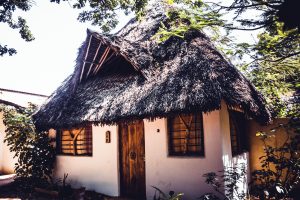 “All of the employees are from this surrounding community like Malindi, Kilifi for the most part. We try to find the local partners to work with who can do the taxis, who can do the transfers, who can do the sunset sails, we don’t have our own boat just sitting there, we’ll do a rotation through different captains, a little village tour if you want to go for a walk, do some drumming, have some dinner, do that with the local community, we don’t have to do everything here,” says Mwanase.
“All of the employees are from this surrounding community like Malindi, Kilifi for the most part. We try to find the local partners to work with who can do the taxis, who can do the transfers, who can do the sunset sails, we don’t have our own boat just sitting there, we’ll do a rotation through different captains, a little village tour if you want to go for a walk, do some drumming, have some dinner, do that with the local community, we don’t have to do everything here,” says Mwanase.
Distant Relatives is also a backpackers’ destination and one key signature backpackers feature that Distant Relatives incorporates that is activities. A visit to the ecolodge and you will find a list of activities that you can engage in that are in harmony with the three pillars of Distant Relatives; be it a weekly beach clean-up with guests and local community, a tour of and dinner at the village, beach volleyball or a permaculture tour, Distant Relatives works hard to ensure that its guests can spend positive time interacting with each other and the local community.
Their section of the beach is one of the cleanest I have seen, whatever they’re doing, it’s working. On a personal note, Distant Relatives stands out as an example of a vision set out that has been followed through with conviction. Africa is not short of ideas or passion, this is a real live example of what is possible with day by day follow through, regardless of the cost.
What's Your Reaction?
Chioma Phillips is the Editor of Msingi Afrika Magazine and the host of Msingi Afrika Television. Her hope is to see the Truth shared, with all who will listen, for the transformation of the people and the continent of Afrika - and the world. She believes passionately in the critical role that Afrika and Afrikans have to play on earth right now and hopes to ignite the spark that will cause them to see and believe who they are, so that they can live out their Truest lives for the remainder of their days.








